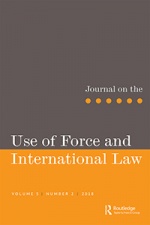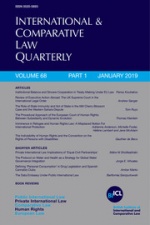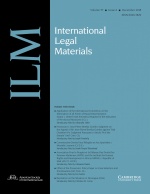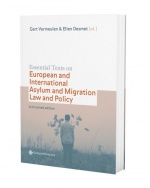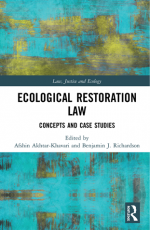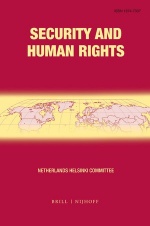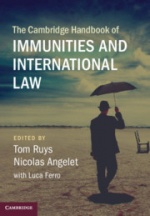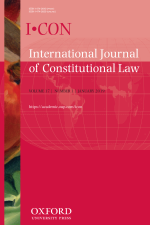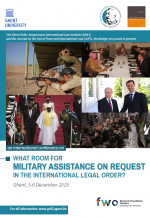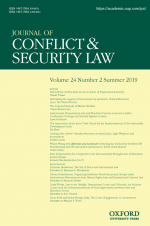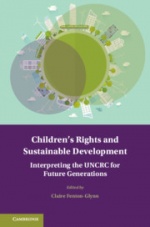Call for abstracts
At the conference, separate expert panels will be devoted to the ‘authority’ to invite outside intervention, on the one hand, and the permissibility of third-State intervention in situations of civil war, on the other hand. In addition, the organizers are inviting promising scholars in an earlier stage of their academic career to submit an abstract for a dedicated ‘emerging voices’ panel.
Possible topics may include, but are not limited to:
- the link between intervention by invitation and ‘consent’ as a ground precluding wrongfulness under the law of international responsibility;
- the impact of the complicity regime under the law of international responsibility;
- the permissibility of military assistance on request in the pre-Charter era (in particular in 19th-century legal doctrine);
- the distinction between direct and indirect military assistance;
- the permissibility of so-called ‘non-lethal assistance’ under international law;
- military assistance on request in the cyber-sphere;
- the doctrine of counter-intervention and its relationship to collective self-defence
Abstracts are due by 15 March 2019 and should be accompanied by a brief curriculum. Applicants will be informed of the outcome by 15 April 2019, while full papers are due by 15 November 2019. Subject to the usual peer review, the papers presented at the conference will be published as part of a special issue of the Journal on the Use of Force and International Law.
For more information, including possible travel and accomodation funding, see the attached PDF file.

